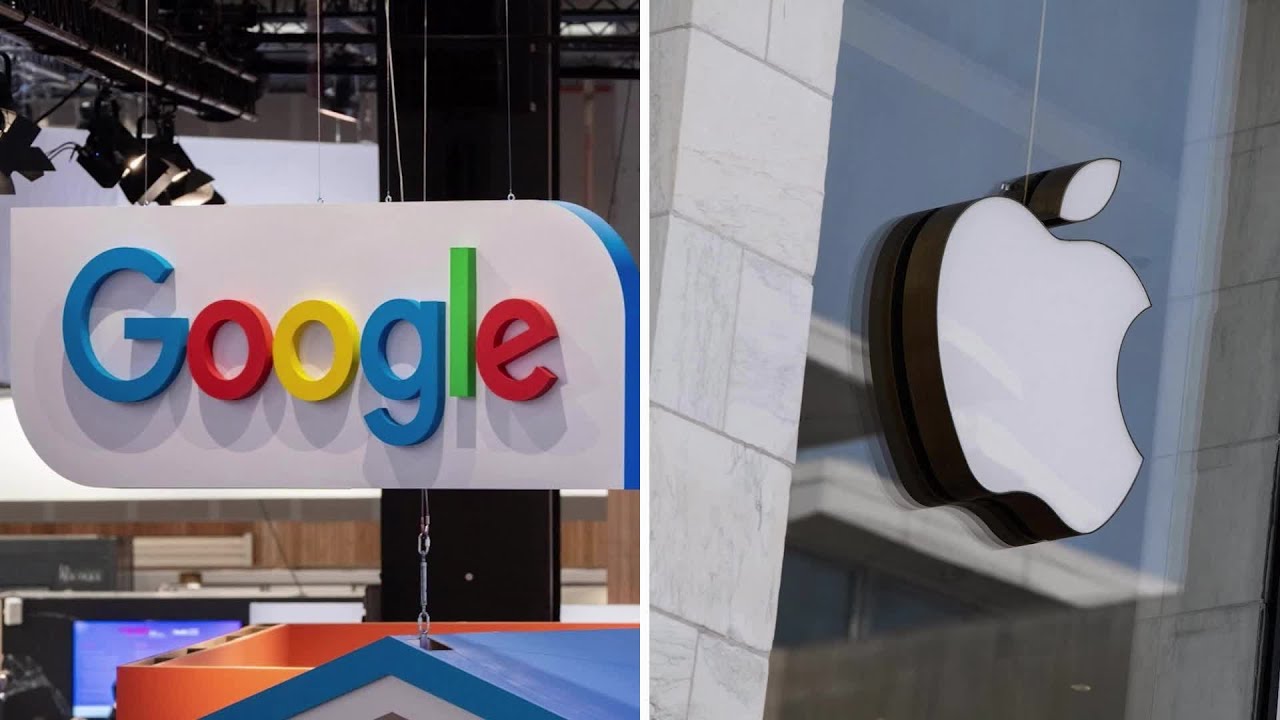The video explains how advancements in AI are transforming search by shifting from traditional web browsing to AI-powered chatbots that provide direct, instant answers, impacting both non-commercial and commercial queries. It also discusses how this shift may challenge Google’s dominance, especially as Apple potentially develops its own AI search solutions due to regulatory pressures, leading to significant changes in the tech industry landscape.
The video discusses how the landscape of search is expected to change significantly over the next five years, primarily driven by advancements in AI technology. Instead of traditional search methods that involve browsing through multiple links, mainstream users will increasingly rely on AI chatbots to receive direct, single-answer responses to their queries. This shift aims to make information retrieval faster and more convenient, moving away from the old model of web navigation towards a more streamlined, AI-powered experience.
The speaker highlights that this new approach to search will impact both non-commercial and commercial queries. For non-commercial searches, AI chatbots will provide immediate answers, reducing the need to click through various links. For commercial searches, such as shopping, AI will help identify the best products for individual needs, potentially transforming how consumers find and purchase items online. Retailers may need to adapt by paying more for targeted queries that reflect consumer intent, emphasizing the importance of understanding user needs in this evolving environment.
Google has already begun responding to these changes by introducing features like AI overviews. These overviews appear at the top of search results, providing concise answers to user questions and encouraging users to click through to specific websites for more information. This strategy aims to balance delivering quick answers while still directing traffic to traditional web pages, thus maintaining engagement and ad revenue. The approach reflects Google’s effort to integrate AI into its core search experience without completely disrupting its existing business model.
The discussion then shifts to the implications for Apple and its potential move away from relying on Google for search. Due to legal and regulatory pressures, such as recent court decisions, Apple may lose the significant revenue it currently earns from Google’s search traffic. This could accelerate Apple’s development of its own AI-driven search solutions, challenging Google’s dominance in the space. The transition could reshape the competitive landscape, forcing Google to innovate further or face losing a major revenue stream.
Finally, the video touches on the broader market implications, emphasizing the uncertainty AI introduces to established tech giants like Alphabet (Google’s parent company). As AI becomes more integrated into search, questions arise about the long-term sustainability of these companies’ current business models. The market is grappling with how disruptive AI will be, with some analysts viewing it as a potential turning point that could redefine investment strategies and corporate dominance in the tech industry. Overall, the next few years are poised to bring a fundamental transformation in how we search and access information online.
